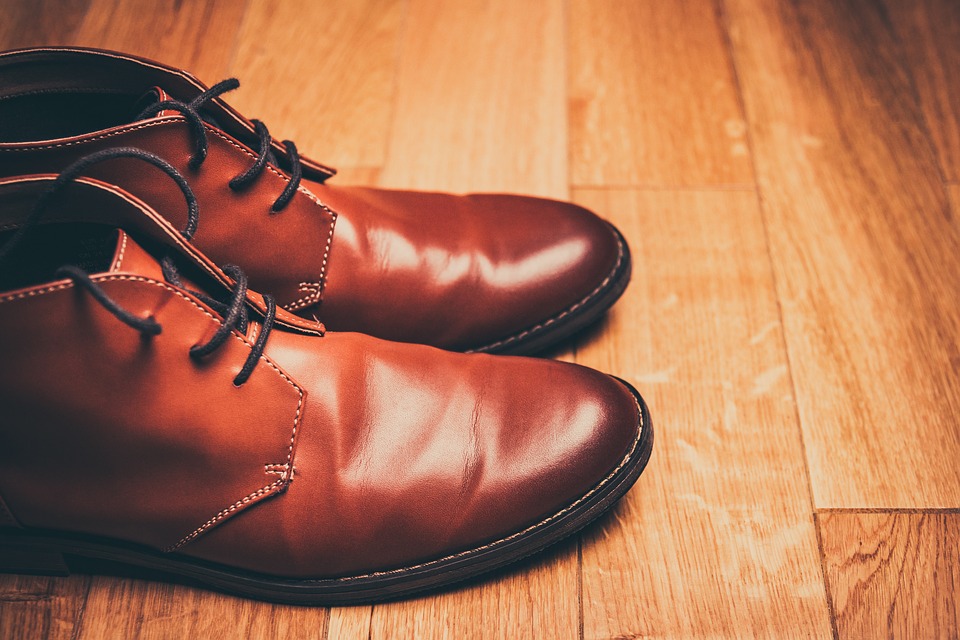![]()
The entertainment industry loves to make jokes about how many different pairs of shoes a person can own (particularly women), but when it comes to safety footwear, having the right footwear for the right occasion, or more accurately environment, is no laughing matter. Here are 6 points to consider when choosing safety footwear.
Temperature
Cold and hot environments both require footwear which takes this into consideration. For people working in the cold, insulated footwear is a huge benefit and for people working in the heat, you need to balance comfort with protection. How much weight is given to one as compared to the other will depend on the industry and its specific risks.
Waterproofing
In the UK, any safety footwear intended for use outdoors is probably going to need some level of waterproofing; the only question is how much. Essentially, the more a person is potentially going to be exposed to rain, the more important waterproofing becomes. Similarly, if a person works in an area where they are likely to be exposed to running water or pools of water as part of their job, for example in the cleaning industry, then again, waterproofing becomes of key importance.
Grip
Grip is crucial to safety and depends essentially on the sole of the footwear. When a person works wholly or mainly in one specific environment, then the sole should ideally be chosen for maximum grip in that environment. Many people, however, work across a range of environments and therefore need a sole which will perform well in a variety of conditions, even if it is not, technically, optimal for any of them. Firefighters would be one obvious example of this. The military is another.
Protection against chemicals
This varies widely from industry to industry, but where it does apply it is vital. Firefighting is, again, an obvious example of an industry where it is vital that footwear is resistant to chemicals, other examples are the automotive industry and the cleaning industry. Similarly those involved in medical professions, especially first responders, may have a need for footwear which protects against the ingress of bodily fluids.
Protection against physical shocks
The construction industry is probably the most obvious example of an industry which needs to protect its workers against physical shocks. This is why work safety boots with steel toe caps are standard; however, this is not the only industry with this need. For example, the waste management industry has a need for footwear which will withstand punctures and industries which involve mechanics need to protect against impact from the side and/or front.
Hygiene
In some industries, such as the food industry and the medical industry, safety footwear serves a dual purpose. It not only protects workers from hazards but can protect other people from hazards caused by workers. This is why safety footwear for these industries not only tends to be made from materials which have particularly hygienic properties, (such as uppers made from material which is resistant to bacteria) but also tends to be made in colours which make it obvious when the footwear needs to be cleaned.
To browse a wide range of safety boots and workwear including overalls, safety masks and embroidered polo shirts, please visit Image To Suit You.
